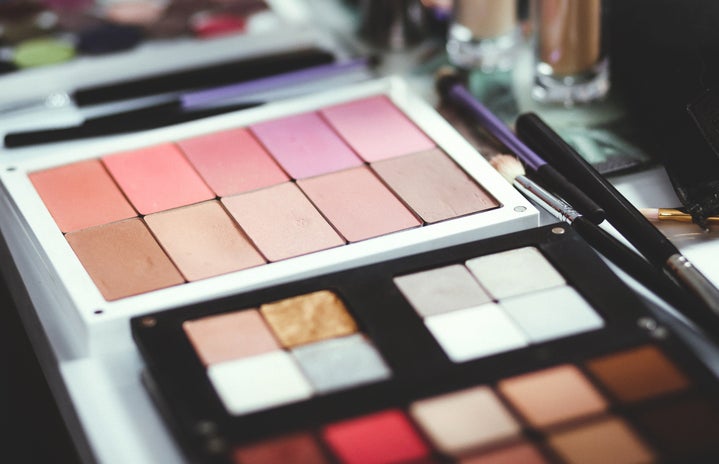When I was 14, I dyed my naturally black hair a bright shade of platinum blonde. I was often asked: “Is it because you want to be white?” I had simply wanted to try something different. It wasn’t a symbolic action, yet people treated me differently afterward. I was told, “I didn’t think Asian parents would be okay with that,” and “You’re really cool for an Asian.”
It felt like all my actions were seen through a racial lens. Anytime I strayed outside of expectations, I was reminded what society expected of me.
There is a clear lack of representation in the media of Asian-Americans that has led to stereotyping, the model minority myth, and a narrower vision of reality. So frequently are Asian-Americans shown as nerdy best friends, successful doctors, or workaholics on screen, that a vicious cycle has been created such that younger generations believe it is the only mold they can fit. The media has rarely shown them otherwise; Asian populations who are less successful and racism towards Asian-Americans are completely ignored in favor of the false image that is portrayed.
By reducing the myriad of human experiences to just a handful of the same archetypes, we are robbing children of the belief that they can be whatever and whomever they want. Without access to role models they can relate to, it’s unlikely children will be inspired to pursue fields other than the short, accepted “list” created by the media and social-cultural expectations. Creativity splutters, and fizzles out.
Credit: Kissmywonderwoman.com
Without rare characters such as Priyanka Chopra’s Alex Parrish in Quantico, the range of role models for young Asian-Americans decreases to traditionally successful jobs, such as lawyers and accountants. While simply a fictional character, it is an example of what can be achieved: a figure to point at to illustrate the range of possibilities.
On the other hand, many Asian-Americans are outwardly indifferent towards this issue and shy away from making noise in the media. Being humble is a virtue in Asian cultures, yet this has deepened the situation and supported negative stereotypes.
The power for change can be found in education and increasing awareness. If we are unaware of the problem, we cannot take steps to address it.
Want to keep up with HCBU? Make sure to like us on Facebook, follow us on Instagram, check out our Pinterest board, and read our latest Tweets!



